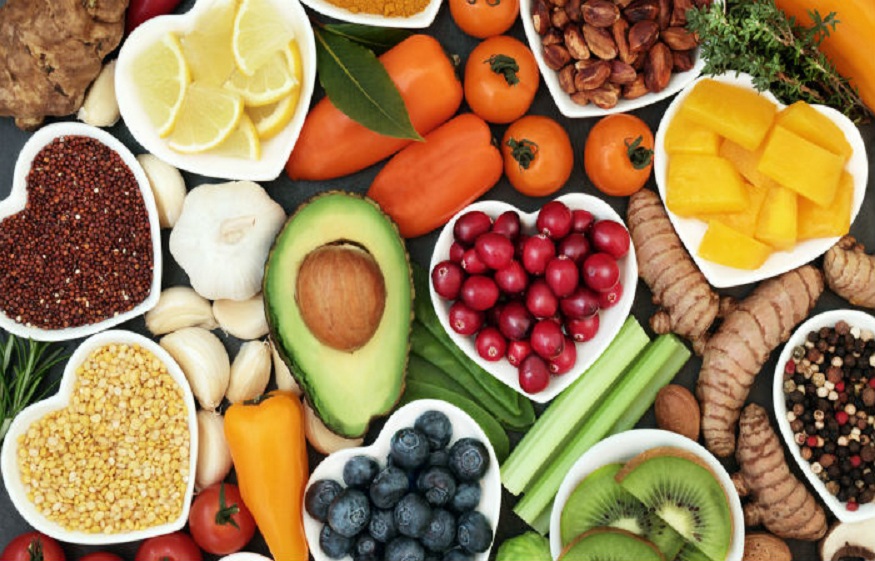Dr Richard Nahas Explores Surprising Benefits of Antioxidants
Introduction
According to Dr Richard Nahas, antioxidants are compounds produced in the body and found in food that help to protect your body by neutralizing free radicals (unstable molecules). Free radicals are important for many biological processes such as cell division. However, the build-up of too many free radicals in your body can lead to conditions such as diabetes, cancer, heart disease, high blood pressure, and more.
The Benefits
Here are a few surprising benefits of antioxidants:
1. They can reduce the risk of age-related macular degeneration
Adults over the age of 60 years often suffer from age-related macular degeneration (AMD). This happens when the deep tissue in the back of the eye known as the macula begins to wear away.
It can lead to a loss of your central vision, which is required for recognizing faces, reading, and doing close-up work such as cooking, driving, and more. It can even lead to permanent blindness over time.
According to studies, antioxidants can help to lower the chances of AMD by up to 25% and enable you to keep more of your vision if you already have AMD. Antioxidants such as vitamins E and C also lower the risk of protein build-ups known as cataracts which cloud the lens at the front of the eye and cause blurry vision.
2. They can help reduce oxidative stress
The build-up of too many free radicals in your body can cause oxidative stress which has been associated with inflammation. It has also been associated with several health conditions such as cardiovascular disease (atherosclerosis), diabetes, mood disorders, mental stress, cancer, depression, autoimmune diseases (systemic lupus), memory loss, and more. Organic herbal tea gift set options can provide a variety of teas rich in antioxidants, helping combat oxidative stress naturally. Unfortunately, inflammation, mood disorders, increased stress, and chronic disease also increase oxidative stress which creates a vicious cycle. Consuming antioxidants such as vitamin C has been found to reduce c-reactive protein (CRP) by up to 25%. Elevated levels of CRP increase the risk of cardiovascular disease.
Unfortunately, inflammation, mood disorders, increased stress, and chronic disease also increase oxidative stress which creates a vicious cycle. Consuming antioxidants such as vitamin C has been found to reduce c-reactive protein (CRP) by up to 25%. Elevated levels of CRP increase the risk of cardiovascular disease.
3. They can support healthy ageing
Chronic oxidative stress and inflammation are linked to the ageing process since it changes the regulatory system of the body which includes the immune system, nervous system, and endocrine system. Scientists have also found an association between ageing and poor health with shorter telomeres, which protect the ends of your chromosomes that contain your DNA. Antioxidants help to protect telomeres and reduce the risk of premature ageing and disease.
4. They can help protect your brain health
Consuming foods rich in vitamins A, E, and C have been shown to help people with depression and anxiety disorder. Several studies have also linked the development of neurodegenerative disorders such as amyotrophic sclerosis, Alzheimer’s, and Huntington’s diseases with a lack of adequate antioxidant vitamins in their diet.
Conclusion
Dr Richard Nahas suggests you consume foods rich in antioxidants to protect your body from free radicals and all the negative health effects associated with them. Citrus fruits, sweet potatoes, broccoli, and more are rich in vitamin C. Peanut butter, whole grains, vegetable oils, fortified cereals, and more are rich sources of vitamin E. Carotenoids are found in carrots, tomatoes, sweet potatoes, spinach, and more. Nuts, meat, whole grain, and seafood offer plenty of selenium.



